
Feature article chronicles the career of Dr. Shelley MacDermid Wadsworth.
March 13, 2025
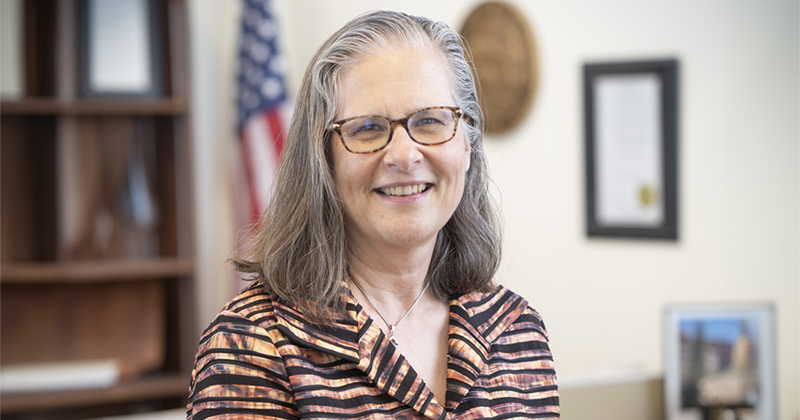
EXCERPT:
The Distinguished Professor of HDFS has focused her career on making a greater impact.
ARTICLECALC Faculty Associate Igor Fernandes receives university NIH incentive grant.
March 6, 2025
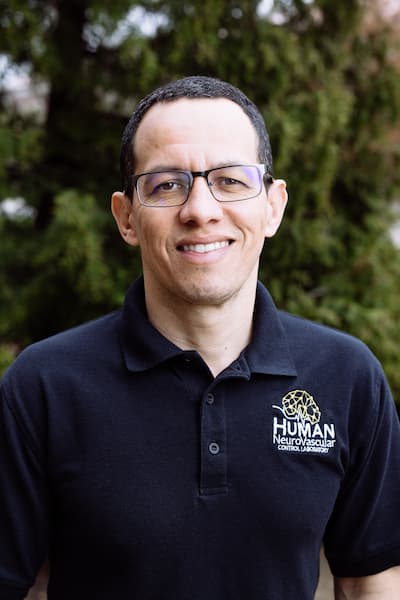
CALC Faculty Associate Tim Gavin appointed treasurer of American Kinesiology Association.
February 24, 2025

EXCERPT:
AKA promotes and enhances kinesiology as a unified field of study and advances its many applications.
ARTICLECALC Faculty Associate Randy Hubach appointed AAHB Fellow.
February 13, 2025
EXCERPT:
The American Academy of Health Behavior Fellow designation recognizes significant contributions to the field of health behavior research.
ARTICLECALC Faculty Associate Igor Fernandes honored with Guyton Award.
February 10, 2025
.jpg)
EXCERPT:
Fernandes’ lab takes a mechanistic approach toward assessing the vascular and autonomic systems in humans.
ARTICLEASBMB magazine features proteomic research of CALC Faculty Associate Uma Aryal.
January 21, 2025

EXCERPT:
Protein phosphosites are significant contributors to Parkinson's and Alzheimer's diseases.
ARTICLECALC Faculty Associate Libby Richards shares why winter makes you more vulnerable to colds.
December 12, 2024

Ellen Ernst Kossek and Ziran Wang receive Elevating the Visibility of Research awards.
December 9, 2024

EXCERPT:
University award provides seed funding for the authorship of books, review articles, and monographs.
ARTICLEFour CALC Faculty Associates recognized with Seed for Success Acorn Award.
November 18, 2024
EXCERPT:
Cannon, Freeman, MacDermid Wadsworth, and Trask honored with award from Office of Research.
ARTICLECALC Faculty Associates Drs. Roseguini, Gavin, Fernandes, and Hirai receive Breakthrough Research Award.
November 13, 2024
EXCERPT:
John Martinson Honors College students will serve as undergraduate researchers to conduct research related to health and well-being.
ARTICLECALC Faculty Associate Bruno Roseguini named Showalter Faculty Scholar.
November 13, 2024

EXCERPT:
Showalter Faculty Scholars are distinguished midcareer professional conducting impactful scientific research.
ARTICLECALC Faculty Associate Qinglan Ding honored with Showalter Early Career Award.
November 13, 2024

EXCERPT:
Showalter Faculty Scholars are distinguished midcareer professional conducting impactful scientific research.
ARTICLECALC Faculty Associate Jennifer Freeman quoted in article on PFAs
October 15, 2024

EXCERPT:
PFAS are a large group of chemicals, containing fluorines and carbons, that persist in the environment.
ARTICLECALC Faculty Associate James Markworth investigates role of fatty acids in meat in human metabolism
October 8, 2024

EXCERPT:
The impact of arachidonic acid, an omega-6 polyunsaturated fat found only in animal products, upon human health remains a complicated, poorly understood matter.
ARTICLECALC Faculty Associate Ziran Wang leads study on autonomous vehicles and large language models
September 16, 2024

EXCERPT:
Autonomous vehicles could understand their passengers better with ChatGPT, research shows.
ARTICLECALC Faculty Associate Wayne Campbell honored with ASN award
September 11, 2024
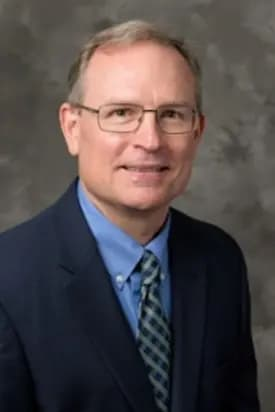
EXCERPT:
The Robert H. Herman Memorial Award recognizes research for the advancement of clinical nutrition.
ARTICLECALC Faculty Associate Laura Murray-Kolb elected Secretary of ASN.
September 11, 2024

EXCERPT:
The mission of the American Society for Nutrition is to advance the science, education, and practice of nutrition.
ARTICLECALC Faculty Associate Patti Thomas elected to leadership team of ASA section.
August 19, 2024
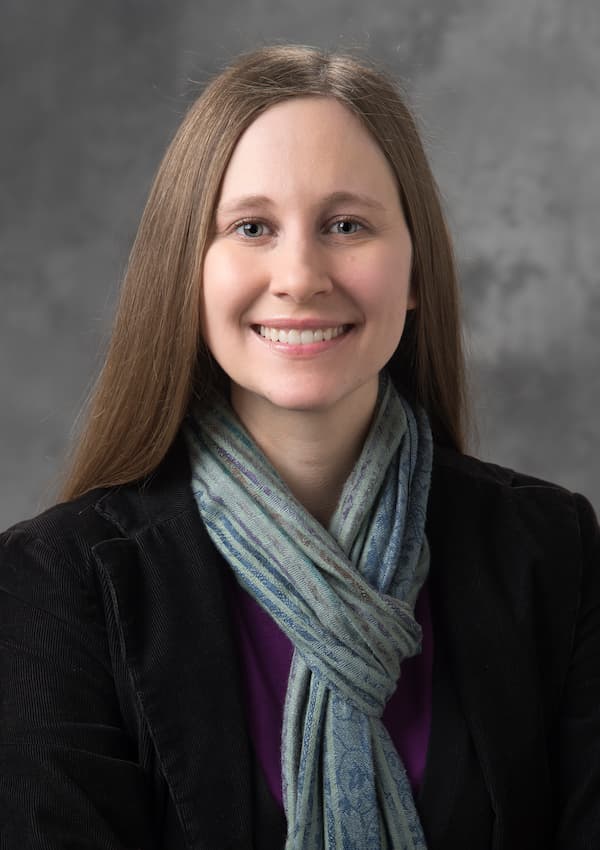
EXCERPT:
Dr. Thomas been appointed the Chair Elect for the American Sociological Association Section on Aging and the Life Course.
ARTICLEFive CALC Faculty Associates receive Health of the Forces funding.
August 5, 2024

EXCERPT:
Purdue HHS initiative provides the support needed to initiate discoveries that will serve military members, veterans, and their families.
ARTICLECALC Faculty Associate Uma Aryal's research featured in Purdue VetMed Summer 2024 Report.
July 31, 2024

EXCERPT:
Protein P1N1 was found to help form and maintain the bodies that malfunction with aging and cancer.
ARTICLECALC Faculty Associates Libby Richards and Vicki Simpson to be inducted into American Academy of Nursing.
June 25, 2024

EXCERPT:
Fellow status recognizes extraordinary contributions to improve health locally and globally.
ARTICLECALC graduate student Mallory Bell elected as ASA student representative.
June 17, 2024

EXCERPT:
Leadership appointment in the American Sociological Association Aging and the Life Course section offers service and professional development opportunities.
ARTICLECALC Faculty Associate Laura Murray-Kolb recognized with Walk the Talk Award.
June 11, 2024
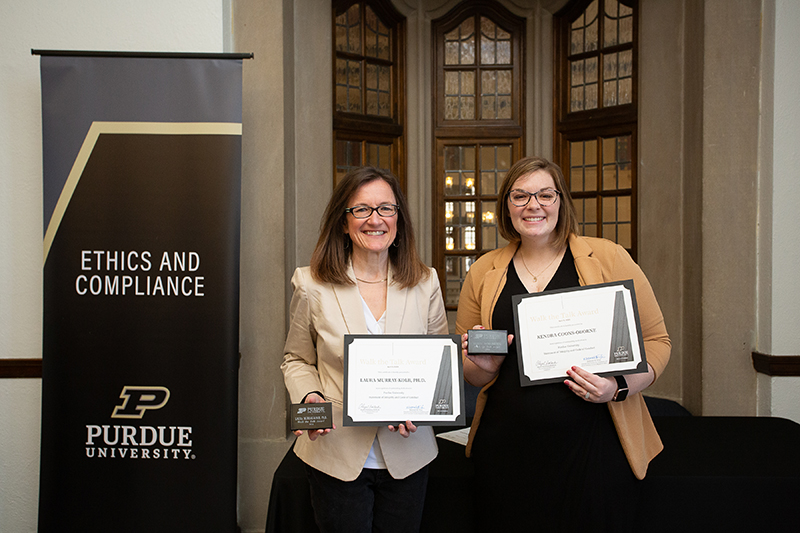
EXCERPT:
Award from the Office of the Vice President for Ethics and Compliance honors commitment to ethics and integrity.
ARTICLECALC Faculty Associate Laura Murray-Kolb receives Purdue University's Kinley Award.
June 11, 2024
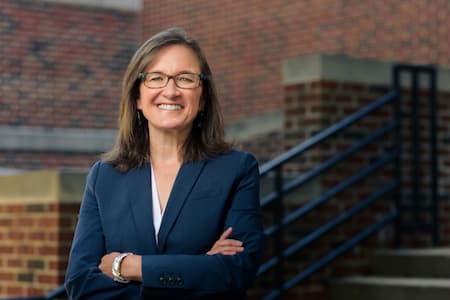
EXCERPT:
Award funds social science research to explore methods for improving the human condition.
ARTICLECALC Faculty Associate Elliot Friedman elected Fellow of the Society for Biopsychosocial Science and Medicine.
June 5, 2024
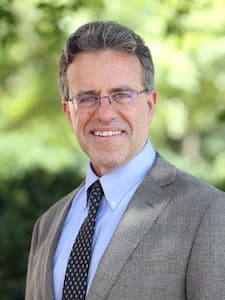
EXCERPT:
Fellow status recognizes sustained excellence in scholarship and commitment to the society.
ARTICLECALC Faculty Associate Uma Aryal receives Zoetis award.
May 10, 2024

EXCERPT:
Purdue VetMed award recognizes the generation of new knowledge through basic and clinical research.
ARTICLECALC Faculty Associate Satya Ambike explores the biomechanics of Parkinson's disease.
April 19, 2024

CALC Faculty Associate Nasreen Lalani receives Lorene Burkhart Award for Excellence in Research about Families.
April 19, 2024

CALC Faculty Associate Chad Carroll's NIH-sponsored research to focus on tendon health in individuals with diabetes.
April 15, 2024
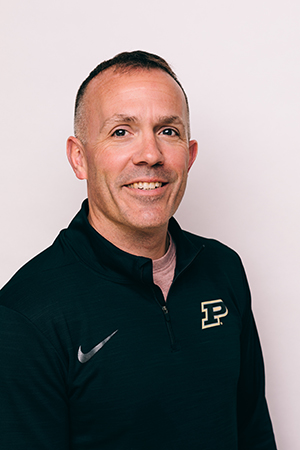
CALC alum Megan Gilligan interviewed by NPR.
April 8, 2024
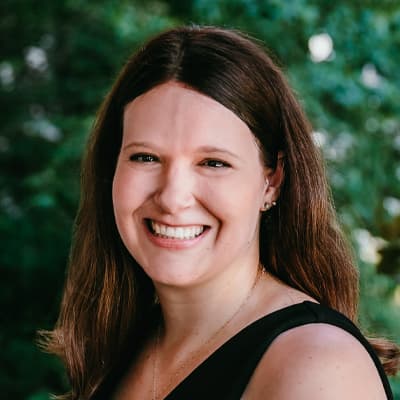
EXCERPT:
Gilligan's research examines the impact of the quality of sibling relationships on loneliness and depression.
ARTICLEALC Faculty Associate Sydney Trask nets $2 million R01 grant.
March 29, 2024

EXCERPT:
National Institute of Mental Health funds will sponsor research into behavior and neural processes that improve fear- and anxiety-related symptoms.
ARTICLECALC Faculty Associate Preeti Sivasankar appointed Vice President for Research Innovation.
March 21, 2024
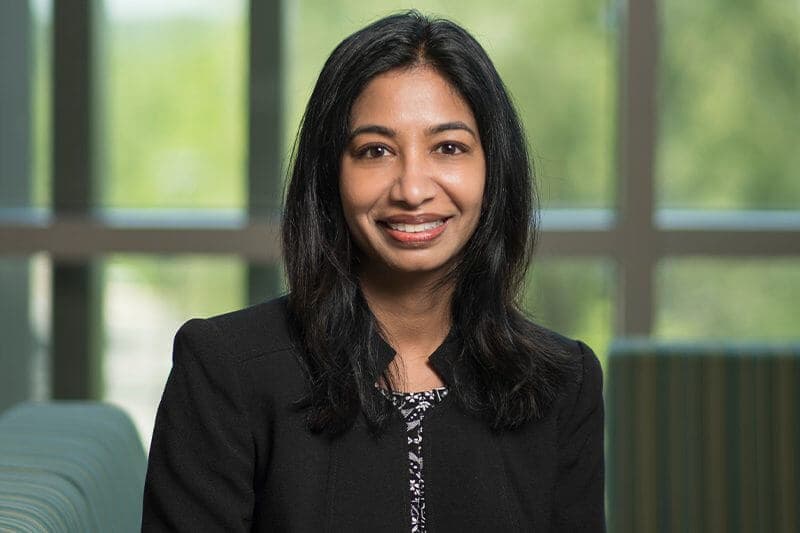
EXCERPT:
Dr. Sivasankar will head the division of Strategic Interdisciplinary Research effective May 1.
ARTICLECALC Faculty Associate Wayne Campbell shares insights on the U.S. Dietary Guidelines Advisory Committee.
March 18, 2024
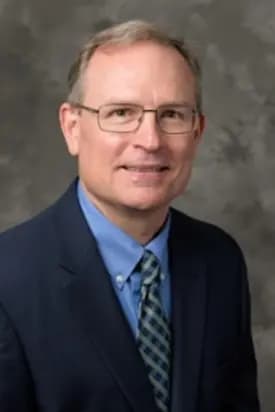
EXCERPT:
Purdue Nutrition Science faculty contribute to report providing independent advice for HHS and USDA to consider when creating guidelines.
ARTICLECALC Faculty Associate Libby Richards explains why we are seeing an increase in respiratory illness and hospitalizations.
March 13, 2024
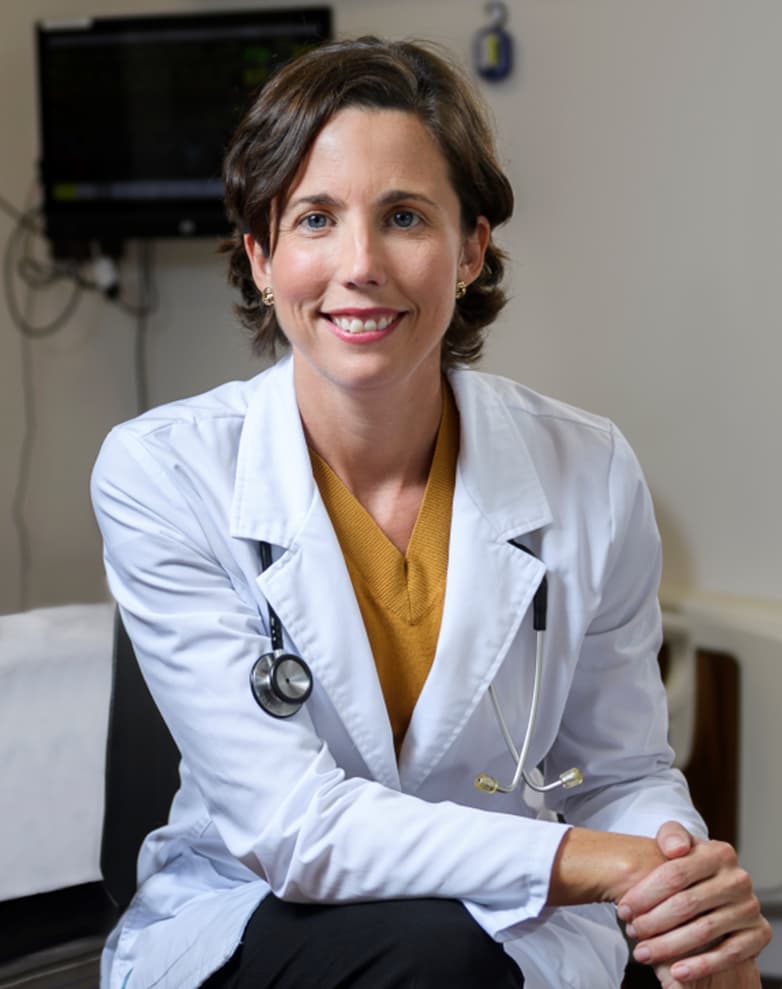
EXCERPT:
Reduced vaccinations and protective measures is resulting in a spike in serious illness in a broader age range of people.
ARTICLECALC Faculty Associate Ed Bartlett leads team to address the impact of hearing loss on health and cognition.
February 9, 2024
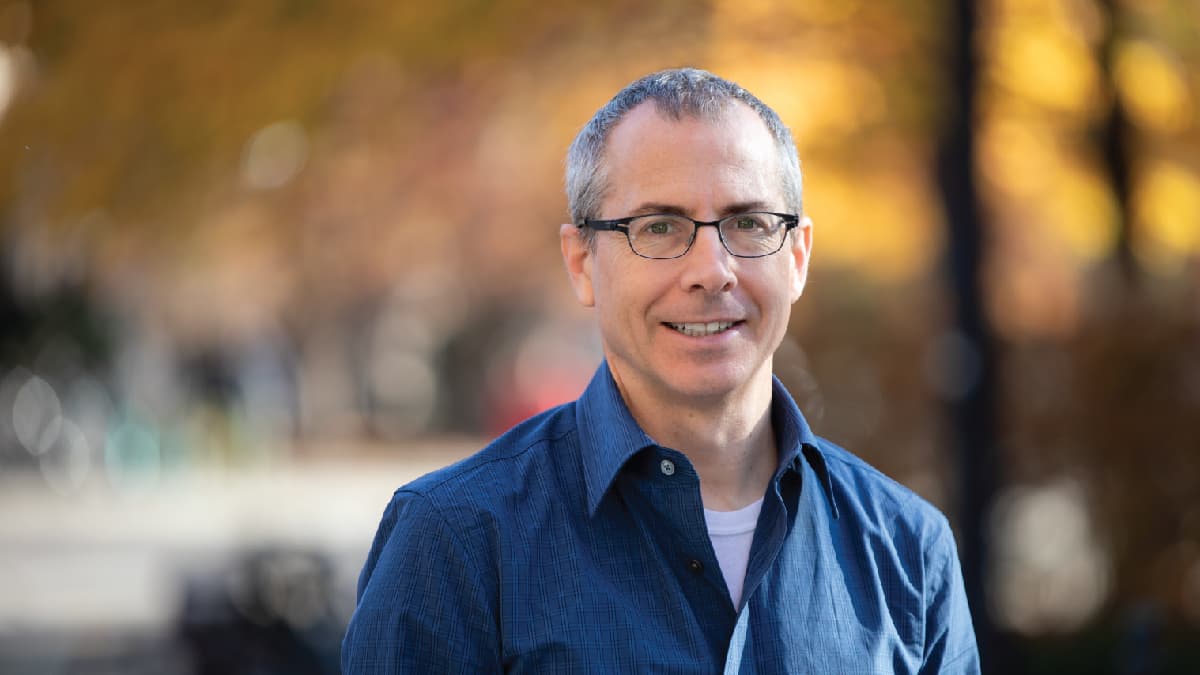
EXCERPT:
Untreated hearing loss is not merely a matter of diminishing auditory senses but serves as a potent marker for broader health concerns.
ARTICLECALC Faculty Associate Ellen Kossek listed among the 2023 Most Read and Cited authors.
January 30, 2024
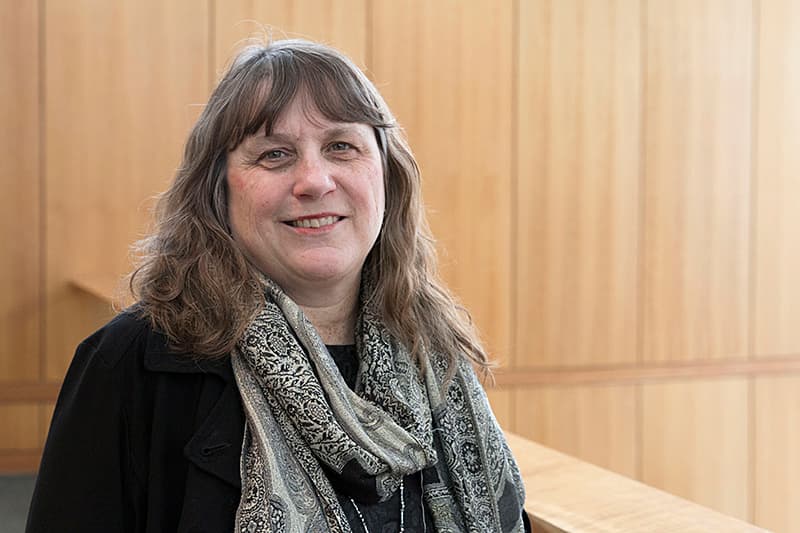
EXCERPT:
The Academy of Management Annals listed two of Kossek's papers as the fourth-most cited and the sixth-most cited.
ARTICLECALC Faculty Associate Brandon Pitts appointed to Provost Advisory Committee.
November 7, 2023
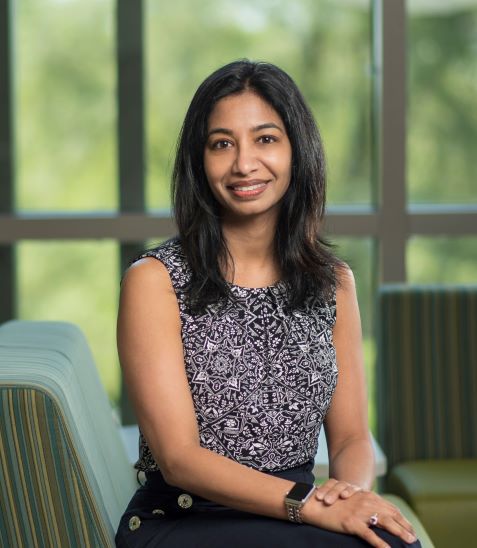
CALC Faculty Associate Robbee Wedow named research fellow in AnalytiXIN.
November 1, 2023
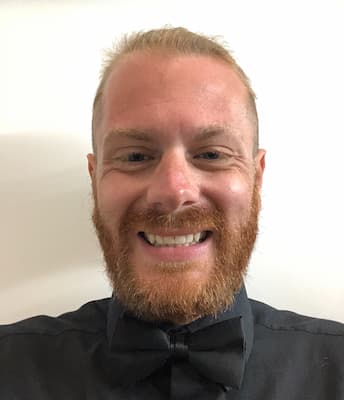
EXCERPT:
Purdue University's Office of Research has named nine faculty as research fellows in the academic-industry initiative based in Indianapolis.
ARTICLECALC Faculty Associate Robbee Wedow leads project selected for funding at the Purdue Life and Health Sciences Summit.
October 30, 2023

EXCERPT:
Dr. Wedow's project, “Using across-phyla methods to increase genomic prediction accuracy to improve health and food security,” was one of only four awarded funding from the 48 research teams that submitted to present at the summit, which was sponsored by the Office of the Provost and the Office of Research. Of the project, the summit sponsors said, “The idea of a comparative, cross-phyla, omics-based approach to heath and food security is a worthwhile moon-shot goal.“
ARTICLECALC Faculty Associate Satyajit Ambike elected to board of International Society of Motor Control.
October 30, 2023
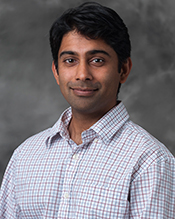
CALC Faculty Associate Uma Aryal receives $600,000 grant from NIH.
October 16, 2023
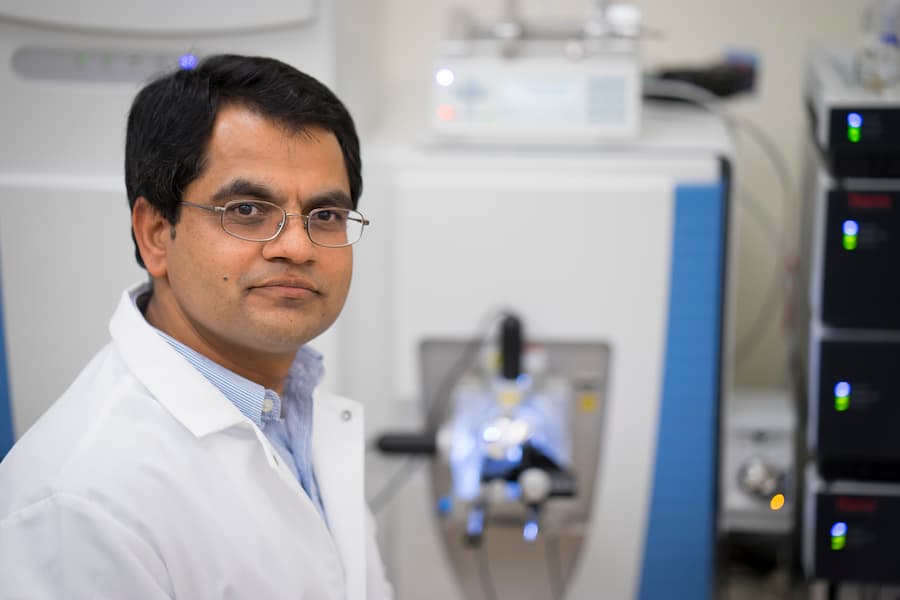
EXCERPT:
A trapped ion mobility time of flight (timsTOF) mass spectrometer (MS) will be deployed at the Purdue Proteomics Facility.
ARTICLECALC Faculty Associate Daniel Hirai receives research award from American Heart Association.
September 12, 2023
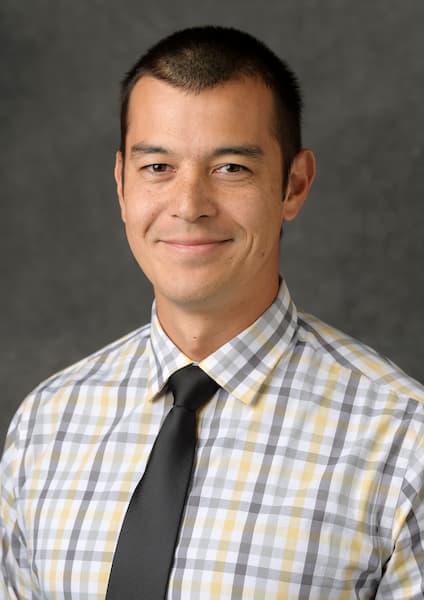
EXCERPT:
The $300,000 grant will enable the study of home-based heat therapy as a way to improve functional performance in heart failure with preserved ejection fraction (HFpEF).
ARTICLECALC Faculty Associate Shirley Rietdyk and team examine what causes young adults to fall on stairs.
July 26, 2023

EXCERPT:
Neglecting to look at one's feet while going down the stairs is a particular indicator of risk.
ARTICLECALC director Ken Ferraro recognized with Distinguished Career Contribution to Gerontology award.
July 13, 2023
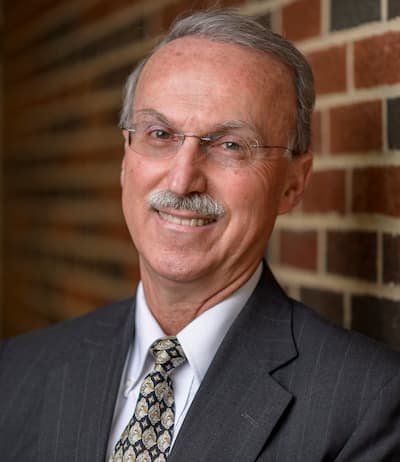
EXCERPT:
The Gerontological Society of America Behavioral and Social Sciences Section named Dr. Ferraro the 2023 recipient of this prestigious award.
ARTICLECALC Faculty Associate Marian Liu selected as 2023-24 Health and Aging Policy Fellow.
July 7, 2023
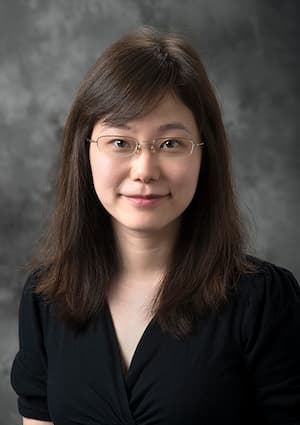
CALC Faculty Associate Jason Cannon talks about “forever chemicals” in our blood.
July 6, 2023
.jpg)
CALC Faculty Associate Robbee Wedow is leading the way in Purdue's new sociogenomics focus.
June 29, 2023

EXCERPT:
Dr. Wedow investigates how genes interact with the environment to affect complex human behavior
ARTICLECALC Faculty Associates named to new positions in the Purdue Office of Research.
June 27, 2023
EXCERPT:
Dr. Jennifer Freeman and Dr. Pretti Sivasankar appointed to Assistant Vice President roles.
ARTICLEDual-title PhD student Evans Appiah Osei researches palliative care and end-of-life decision making.
June 13, 2023
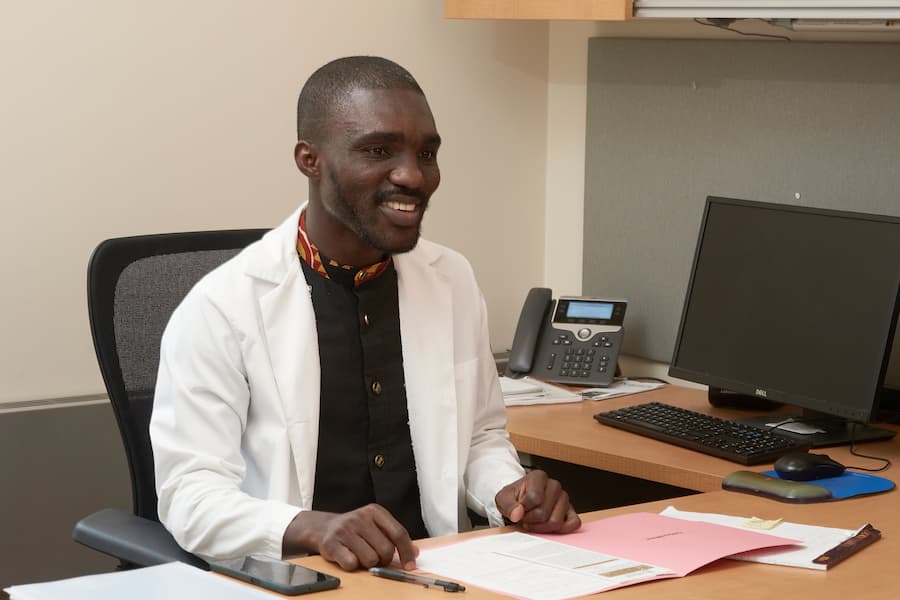
EXCERPT:
With six publications on cervical cancer and cancer screenings under his belt, Osei's Purdue education is helping him to move toward a career in academia.
ARTICLEWei-Lin Xue and Marian Liu investigate the theft of medications in long-term care facilities.
May 10, 2023
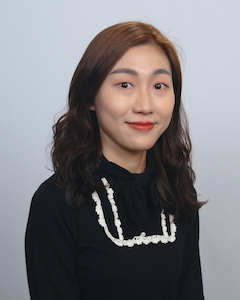
EXCERPT:
Drug theft in healthcare facilities is an ongoing issue that can lead to patient harm.
ARTICLECALC Faculty Associate Jiayun Xu facilitates end-of-life planning for patients with Parkinson's disease.
April 19, 2023
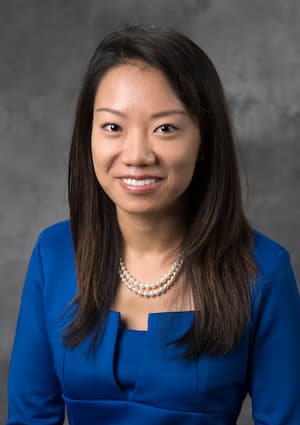
Robbee Wedow and Callie Zaborenko discuss Purdue's new sociogenomics research group.
March 29, 2023

EXCERPT:
Sociogenomics is a new field that aims to explain the ways gene expression is determined by outside factors.
ARTICLECALC Faculty Associate Brandon Pitts featured in The Line by PRF.
March 9, 2023
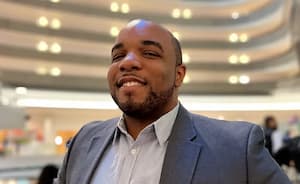
EXCERPT:
Pitts shares personal and professional insights with Purdue Research Foundation readers.
ARTICLEPurdue Researchers investigate best times to eat and exercise.
February 28, 2023
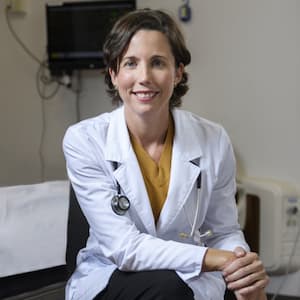
EXCERPT:
Libby Richards examines temporal nutrition intake and optimal times for physical activity.
ARTICLECALC Faculty Associate Ellen Ernst Kossek appointed to expert committee.
February 16, 2023
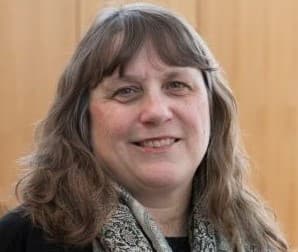
EXCERPT:
Ellen Ernst Kossek, the Basil S. Turner University Distinguished Professor of Management, has been appointed to an expert committee by the National Academies of Sciences, Engineering, and Medicine.
ARTICLECALC Faculty Associate named director of the Center for Families.
January 31, 2023
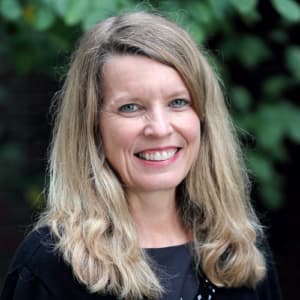
EXCERPT:
Melissa Franks, PhD, steps into new role with the esteemed research and engagement entity.
ARTICLE